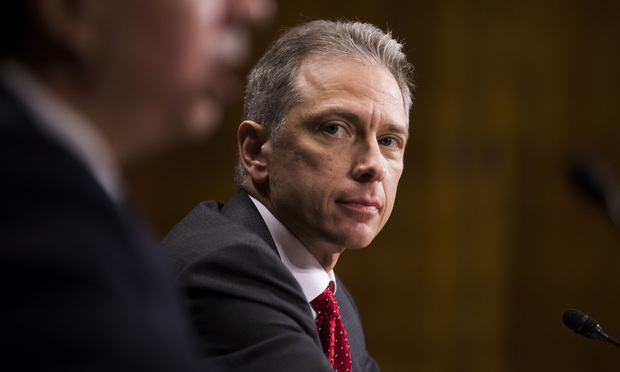In Part One of our article, we focused on lessons gleaned from the Waymo v. Uber trial on how to be better prepared to protect a company’s trade secrets. In this part, we focus on lessons from the trial that can help companies litigating trade secrets claims, as a plaintiff or a defendant.
Lesson #6: When You Think a Theft Has Happened, Pick Up the Phone
A notable aspect of the Waymo trial was the evidence concerning an email between a Waymo engineer and a Waymo lawyer discussing Waymo’s internal investigation just days before the lawsuit was filed. In that email, a Waymo hardware engineer told Waymo’s lawyer that the files that the former star engineer (Levandowski) downloaded from Waymo’s systems were “low-value enough that [Waymo] had even considered hosting it off of Google infrastructure.” For reasons that are not entirely clear, the email was produced and shown to the jury during opening statements. Waymo’s lead lawyer tried to downplay the importance of the email by claiming that the engineer only meant that the files did not contain confidential personal information regarding Waymo users. Uber’s lead lawyer commented on the fact that Waymo wouldn’t have brought it up in the opening statement if it wasn’t worried by the evidence.


 Chris Ponder and Harper Batts
Chris Ponder and Harper Batts




